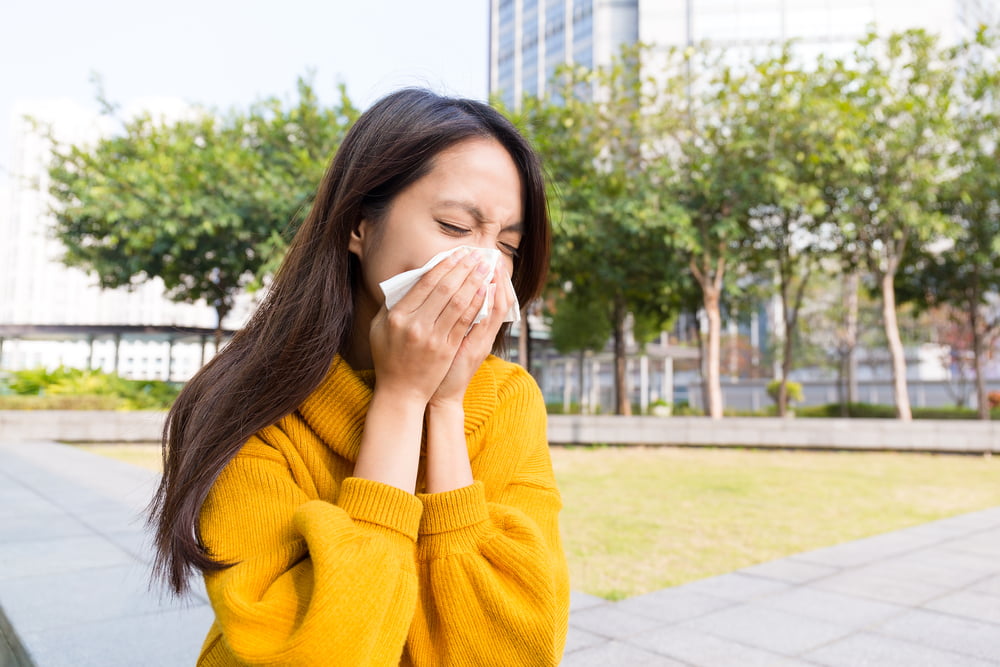What to do if you Think You Might Have an Allergy

If you develop unpleasant symptoms and can’t pin them down to a specific medical condition or disease, you may be concerned about the possibility that you’ve had an allergic reaction to something. If so, what is the best way to deal with it, and who should you turn to for advice?
What are allergies?
Your immune system is an amazing thing, constantly on guard against anything invading the body that could cause you harm. It fights against disease by producing antibodies to kill the invading organism. Once it has dealt with an invader, it can learn how to deal with the same infection when it comes to it again, which is how your immune system strengthens over time. Like most things, it’s not perfect, and it can mistake harmless substances for something dangerous, releasing chemicals such as histamine that cause the symptoms of an allergy attack. Allergic reactions can affect different people to varying levels, ranging frommildintolerance to a life-threatening anaphylactic reaction, where your body goes into shock.
Types of allergies
Hay fever is a familiar problem with similar symptoms to the common cold and can be very miserable for sufferers. It’s caused by pollen, dust mites, particular types of mold and certain proteins found in animal skin cells. Skin allergies are caused by contact with latex, washing powders, or anything you may touch, and a reaction to certain medications causes drug allergies. Both can cause rashes, itching, hives, flaky skin and swelling of badly affected areas. Food allergies can cause swelling of the mouth, lips,and throat; digestive problems; hives and tingling. Peanuts, shellfish,and milk are some of the more common trigger foods. Insect allergies usually cause swelling where you’ve been stung, itching and hives and difficulty with breathing. Food and insect sting allergies are the most common cause of anaphylaxis, a severe reaction that can result in your blood pressure dropping, causing fainting and unconsciousness; weak and rapid pulse, vomiting and serious breathing difficulties.
What you need to do
There are some excellent sources of information on the Internet, but make sure the resource you are using is reliable and evidence-based, for example, the Mayo Clinic. You can check your symptoms and follow the advice given on the site, and some sites offer a help service so you can ask specific questions.You could consider going to an Allergist, who, as described by remedypharmacist.com specializes in diagnosing and treating allergic reactions. If you try something and it doesn’t work, or if you are very concerned about your symptoms, go to see your doctor. You will usually be aware of allergic reactions before they become serious and be able to equip yourself accordingly. If you do get any of the more extreme symptoms, call 911 – whatever the cause, it is important you get to the hospital for diagnosis and treatment.
Some allergies are easily dealt with, for example, if you find you are constantly having headaches, palpitations and stomach cramps, you may simply be caffeine intolerant, and cutting out anything that contains caffeine will effect a cure. Before you seek help, make a note of any connections you’ve observed such as feeling unwell after eating a particular meal or getting a rash after using a new hand-soap. The more information you can provide, the easier it will be to pinpoint what’s going on and get the treatment you need.